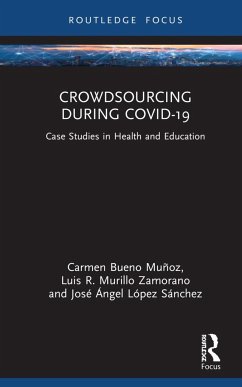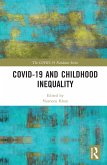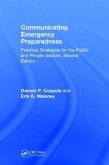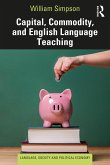Crowdsourcing is a means by which public interest is sought and leveraged to achieve specific goals, and this fascinating study highlights how the model has been used to challenge the effects of the COVID-19 pandemic.
The book investigates what factors have encouraged the use of crowdsourcing during the pandemic, as well as those issues which have restricted its use. It is illustrated with four detailed case studies, covering the fields of education and health, demonstrating how crowdsourcing as a means of crisis management has, ultimately, been used to influence and develop public policy.
A timely analysis of this emerging concept, the book will appeal to researchers and practitioners across health and social care, public policy and management, and the voluntary sector more generally.
The book investigates what factors have encouraged the use of crowdsourcing during the pandemic, as well as those issues which have restricted its use. It is illustrated with four detailed case studies, covering the fields of education and health, demonstrating how crowdsourcing as a means of crisis management has, ultimately, been used to influence and develop public policy.
A timely analysis of this emerging concept, the book will appeal to researchers and practitioners across health and social care, public policy and management, and the voluntary sector more generally.









